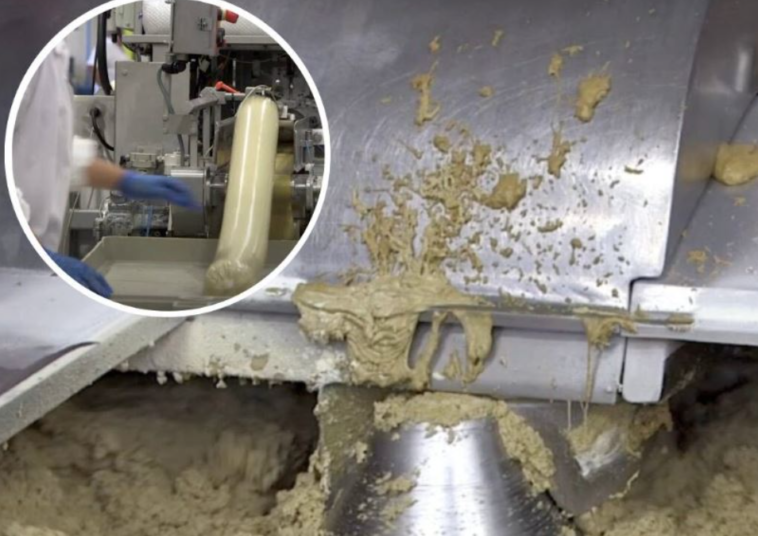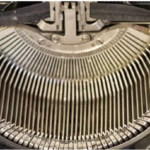There are many things that people discuss and sometimes, they will debate endlessly on the subject they are passionate about. One of those subjects is definitely related to food, and there are some who have very strong opinions on what should or should not be consumed.
Perhaps one of the areas where people are most passionate about food is when they talk about eating meat. Many people have become vegans for that very purpose, and they do everything they can to avoid eating anything that had a face.
There are many reported benefits to eating a vegan diet, such as weight loss and the possibility of keeping your blood sugar levels under control. There are also people who would debate the opposite, but that’s not what we’re here to do.
If you do choose to be vegan, you have a lot of options when it comes to meat alternatives. You can find them at the supermarket and they look like meat and taste like meat, but they don’t have any meat in them.

Recently, however, a documentary was shared by Channel Four in the UK that showed how vegan meat was made. After seeing the documentary, many people are no longer able to stomach the vegan meat alternatives.
In the video, one of the people who was presenting was shocked when they heard that calcium chloride was used. They said that’s what they used to deice the roads!
They also use calcium chloride to change how seaweed gel is used. It changes the consistency into a texture that is similar to sausage skin without using any meat derivatives.
After mixing it into a sloppy mush, it is piped through a sausage-shaped machine and then coated with calcium chloride to form the skin. I know, it didn’t sound very appetizing to me, either.
There is another vegan product that is also popular, a plant-based turkey alternative, Tofurky. It is made to look and taste like turkey, but it doesn’t contain any animal products.
To date, well over 7 million of these roasts have been sold in the United States. It contains a flavorful wild rice and breadcrumb stuffing along with a ‘savory blend of wheat and tofu.’
The factory in Oregon that makes these delights can put out about 6000 of them in a 10-hour shift. When you see how they are made, however, you can’t help but wonder whether you will ever eat one of them again.


